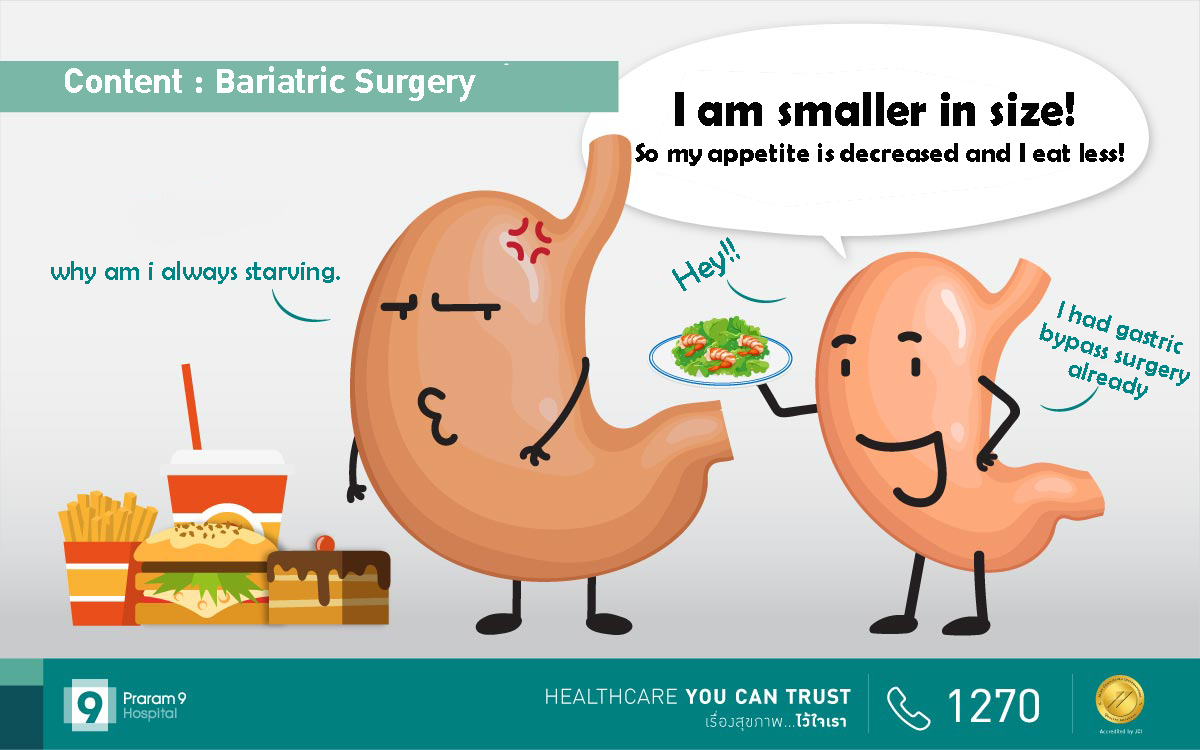
How do international customers register to collect their E-Coupon?
This instruction is for customers who pre-ordered in June/July/August and have received the E-Voucher E-coupon registration

This instruction is for customers who pre-ordered in June/July/August and have received the E-Voucher E-coupon registration

Obesity has become an epidemic of global proportions. Many people are living with a high risk of dying from complications of their obese status, or living with a disability and/or a psychosocial stigma that prevents them from enjoying a satisfying life. The general recommendation to morbidly obese patients to lose 10% of their initial body weight, is well known to have a positive impact and therefore reducing their cardiovascular risk. Conventional obesity management such as diet control and exercise has limitations in patients with morbid obesity. Weight loss surgery, therefore, is another option to lose weight in morbidly obese patients. Weight loss surgery, also known as bariatric surgery, can lead to significant weight loss and help improve or even cure many obesity-related conditions, such as type 2 diabetes or high blood pressure. Content: What is bariatric surgery? Who is a candidate for weight loss surgery? How to diagnose obesity? How does obesity harm your health? Why do conventional lifestyle interventions not help in morbid obesity? How many types of bariatric surgery are there? Dietary guidelines after bariatric surgery Complication of bariatric surgery Is it possible to gain back weight after bariatric surgery? Summary What is bariatric surgery? Gastric bypass and other weight-loss surgeries — known collectively as bariatric surgery — involve making changes to your digestive system to help you lose weight. Bariatric surgery is done when diet and exercise haven’t worked or when you have serious health problems because of your weight. Some

This instruction is for customers who pre-ordered in June/July/August and have received the E-Voucher E-coupon registration

Obesity has become an epidemic of global proportions. Many people are living with a high risk of dying from complications of their obese status, or living with a disability and/or a psychosocial stigma that prevents them from enjoying a satisfying life. The general recommendation to morbidly obese patients to lose 10% of their initial body weight, is well known to have a positive impact and therefore reducing their cardiovascular risk. Conventional obesity management such as diet control and exercise has limitations in patients with morbid obesity. Weight loss surgery, therefore, is another option to lose weight in morbidly obese patients. Weight loss surgery, also known as bariatric surgery, can lead to significant weight loss and help improve or even cure many obesity-related conditions, such as type 2 diabetes or high blood pressure. Content: What is bariatric surgery? Who is a candidate for weight loss surgery? How to diagnose obesity? How does obesity harm your health? Why do conventional lifestyle interventions not help in morbid obesity? How many types of bariatric surgery are there? Dietary guidelines after bariatric surgery Complication of bariatric surgery Is it possible to gain back weight after bariatric surgery? Summary What is bariatric surgery? Gastric bypass and other weight-loss surgeries — known collectively as bariatric surgery — involve making changes to your digestive system to help you lose weight. Bariatric surgery is done when diet and exercise haven’t worked or when you have serious health problems because of your weight. Some
Copyright © 2025. All Rights Reserved | Praram 9 Hospital